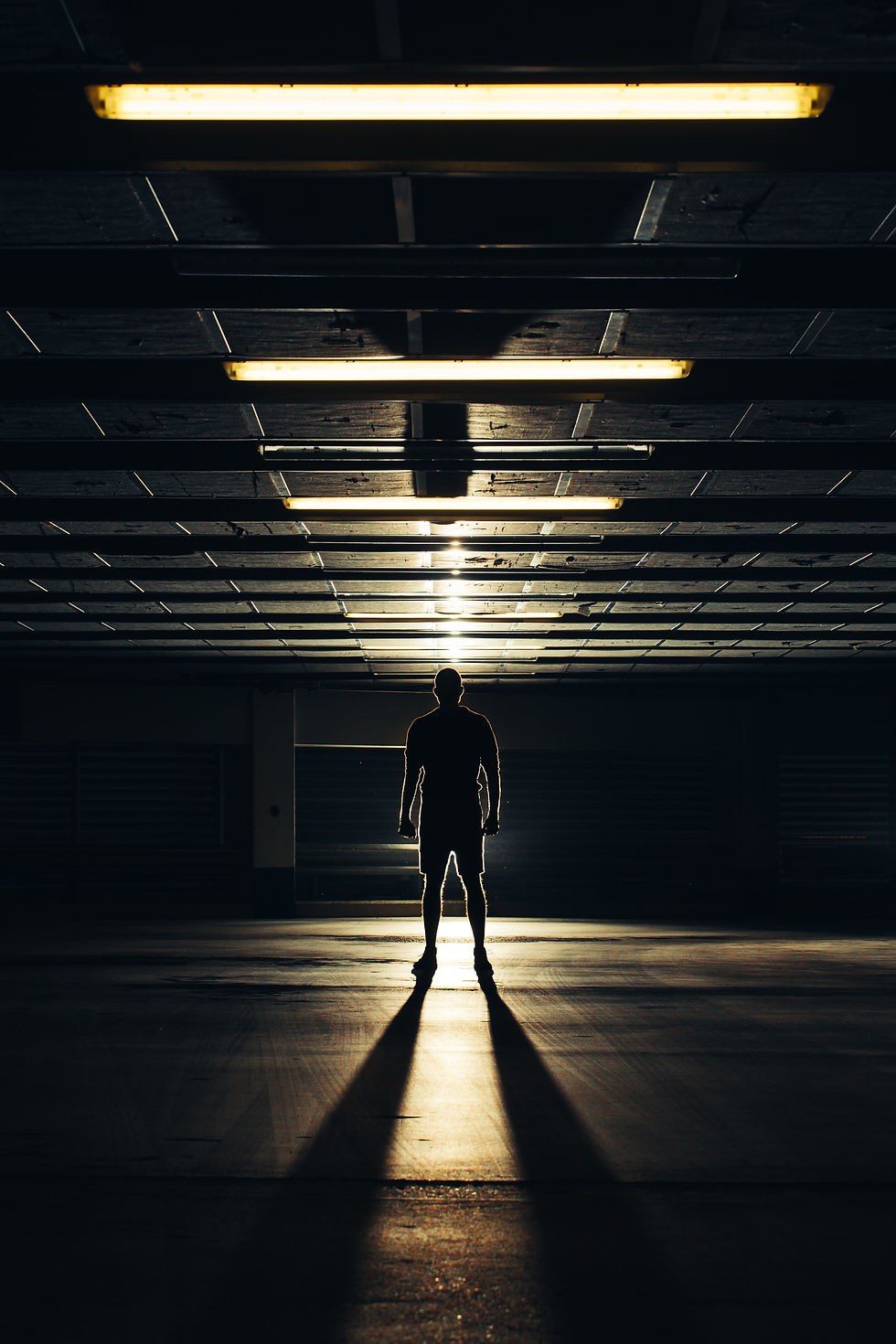What is the connection between Media, Sexual Violence, and Systems of Oppression? | National Sexual Violence Resource Center (NSVRC) P1
- Shidonna Raven

- Apr 30, 2024
- 4 min read
Source: NSVRC
Photo / Image Source: Unsplash,

What is the connection between Media, Sexual Violence, and Systems of Oppression?
How powerful is the media in creating social norms?
Social media, television shows, movies, advertisements, celebrity events, and other large public viewership happenings are powerful tools in setting cultural trends, social norms, and lifestyle benchmarks. These norms include subtle (or not so subtle) cues about how certain people should look, act, what they should wear, and how they should live. This doesn’t just create changes in material culture (styles, trends, and aesthetics), but creates internal changes within us, between us, and internally in our own community. It changes how we see ourselves, how we see others, and how others see us.
In the 1990’s, global health specialist Anne E. Becker conducted fieldwork in Fiji during a time of rapid social transformation- mainly the arrival of Western television available for household use. Becker documented a stark rise in previously non-existent eating disorders among adolescent girls after their exposure to American television dramas, as they began dieting and exercising which were not before observed in Fijian society. Young girls suddenly began to view themselves as inadequate in comparison with the thin bodies they saw on television shows which boasted the sleek modern lives of “successful people” in the West. This not only created emergent health concerns for the young girls who began restricting food , but also put them in conflict with the norms of their society. Traditional Fijian culture celebrated robust bodies and viewed them as healthy and ideal. Western norms of thinness equals beauty brought dangerous emotional, physical, and mental harm to young girls’ body image while rejecting traditional depictions of beauty.
This separated Fijian girls from their culture, families, and community. Not only did the young women judge themselves by these new standards of television culture but they began to judge others in comparison. Becker’s research stood as one of the greatest examples of how problematic media and a lack of representation of diverse ethnic and cultural communities does not just harm individuals, but it creates a ripple effect that impacts communities, creates internal cultural conflict, and even internalized racism and sexism. This case is just one example of the power the media has. It also explains how impactful media is in affirming or cementing social feelings into larger cultural norms.
We absorb media images, television depictions and advertisements at such a young age that we tend to think of them as reflections of how things are the world instead of constructions made by other people. Due to this, we are less likely to challenge them. This is why media literacy is so important.
What is media literacy?
Media literacy is the awareness that images, social media, movies, and other forms of media are creations which have subtext and messages attached to them. They aren’t reality of life, but instead constructions. This can be confusing, as media is often made to look unstaged. For example, an Instagram photo showing a model looking flawless just waking up in the morning may appear not to be posed. In reality, a great deal of staging often takes place and many photos are taken when capturing moments which will be read as unplanned. These skewed depictions not only impact individuals, they also impact relationships. Picture perfect families on television may cause many parents to feel like they are failing if they don’t measure up. Some may ask: “What about documentaries? Aren’t those depictions of real life?” While documentaries may not be scripted, there is still a director who decides what scenes will be included for viewers to see, and what scenes will not. Deleted scenes may have given the viewer a very different idea as to what is actually taking place.
On another level, media literacy is also the ability to decode the meta-messages (or deeper meanings and takeaways, what is communicated but not said) that are entering our minds and shaping our norms when we consume media. Since the creation of visual media, certain people and places have been consistently depicted in certain ways, which has created an expectation or stereotype about how those people and places must be in real life. For example, many people have ideas about whole continents, like Africa, despite ever visiting.
For Americans, often times these depictions of Africa are what people see in movies and media, which play upon stereotypical portrayals of foreign peoples that are highly oversimplified, inaccurate and sometimes downright offensive. Having a degree of cultural literacy allows us to read deeper into media images and debunk the underlying ideas in them which are problematic. Media literacy helps us to intervene and say
"This image is playing on cliche stereotypes about Africa and does a disservice to the rich complexity of an entire continent". Movies are very strong tools in projecting an image of a country and its people which comes to define it, regardless of whether it's accurate or not. In essence, media literacy is the ability to understand that the media has the power to make some people look dangerous, even if they’re not, make some intentions look innocent, even if they aren’t, or make sexual assault look harmless, even though it isn’t.
How can such practice impact your health? how? Why?
Share the wealth of health with your friends and family by sharing this article with 3 people today.
If this article was helpful to you, donate to the Shidonna Raven Garden and Cook E-Magazine Today. Thank you in advance.






Comments